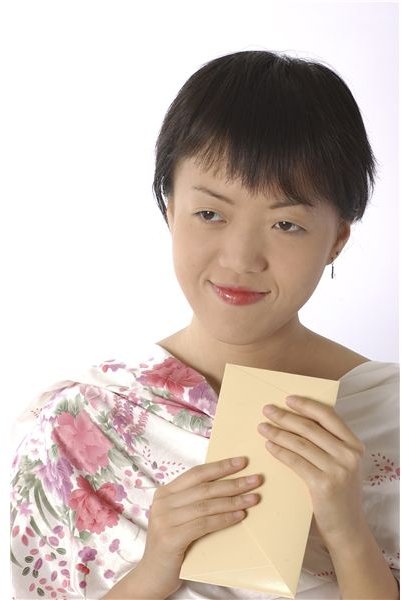Responding to a Thank You Letter: Lesson on Monologue Development Through Letter Writing
Have you ever received a letter that struck such a chord with you—for better or worse—that you had to respond immediately? Maybe that immediate response didn’t require your mailing the letter that very day, but you had to get your thoughts out straightaway, perhaps to a friend, a family member, or just aloud to yourself.
In the previous exercise, students were instructed to write a “thank you” letter to someone, and different students were given the letters of others to read. Now, they must respond, in character, to the letters written.
The Many Translations of Thank You
- Often when a person is thanked for something, it is unexpected. Sure, he did something nice, but it was just what came naturally, and he didn’t expect any recognition. This is usually typical of those who are more humble. That said, there may be a story behind such humility. Perhaps the mere fact that this letter recipient is so accustomed to not expecting any recognition opens doors to character revelation that may well enrich a greater play.
- In other instances, a person may anticipate a show of thanks. He’s done something that he regards as valuable, as a significant contribution or sacrifice on his part, and perhaps the thank you letter didn’t come early enough for in his opinion.
- Perhaps, if a person has received a sarcastic thank you letter or a thank you letter “gone bad,” he or she might be shocked and may need to express that accordingly, explaining why.
- Perhaps the person being thanked did something nice but regrets it, and the writer of the thank you letter is in fact not welcome. This letter writing (or monologue writing) opportunity is that person’s chance to express how he or she really feels.
There are numerous angles that may be taken with the response letter, each of which can lay the foundation for powerful monologue writing.
Exercise: Following the Emotion to the Letter II
1. Ask students to meditate on a time they received a letter (yes, an email can count) that spurred an immediate or at least a passionate reaction from them. Allow them to cluster their emotional memories.
2. Have them re-read the thank you letter they received and consider the possible perspectives of their character (The Recipient).
3. Encourage students to apply, if nothing else, the intensity of their own emotional memories to a letter responding to the one received during the first exercise.
4. Have students take turns reading their response letters and discuss.
Reflection
Engage the students in exploration of their experience in working through this exercise, writing any noteworthy responses on the board.
What about the thank you letter struck the deepest chord with your character? Did your character say exactly what he or she felt in response? If not, why not?
What surprised you about the dynamic between the Writer and the Recipient?
How did the response letter conceivably change the overall story?
Photo © Stephane Tougard
This post is part of the series: Monologue Development Through Letter Writing
Monologues can make for magical moments on stage—if they come across honestly. How does one “create” such honest theatrical moments? By following emotion to the letter…
